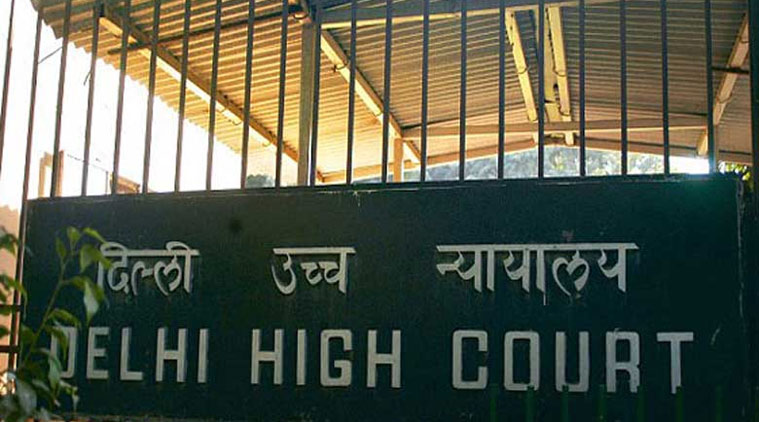Stay updated with the latest - Click here to follow us on Instagram
Have you booked any industry, govt agency for causing pollution? Delhi HC asks DPCC
The Delhi HC showed its ire on the Delhi Pollution Control Committee (DPCC) for its failure to “act on its powers” in implementing the provisions of the Air and Environment Protection Acts.
 Delhi High Court
Delhi High Court
The Delhi High Court Monday showed its ire on the Delhi Pollution Control Committee (DPCC) for its failure to “act on its powers” in implementing the provisions of the Air and Environment Protection Acts. It also observed that Delhi’s air pollution situation “would not have occurred if all authorities had acted according to the statutes and rules”.
The bench of Justice Badar Durrez Ahmed and Justice Sanjeev Sachdeva directed the DPCC to submit details of whether it has actually booked and prosecuted any person, industry or government agency under the provisions of the Air (Prevention and Control of Pollution) Act, 1981 in the last five years.
The Act gives extensive powers to the DPCC and the Central Pollution Control Board (CPCB) to take action against any person, including government departments, for causing air pollution. The Act even provides for punishment of the head of the department of the agency/department found to have been causing pollution.
The bench also noted that it had been asking the government to fix responsibility of officials for several weeks regarding felling of trees and other actions.
“You say that the Public Works Department (PWD) and Metro have cut trees and caused emissions. Thermal power plants are emitting pollutants. Have you issued a single notice (to them)?” asked the bench, noting that air quality was “primarily the responsibility” of the DPCC.
The bench also noted that the legal provisions, which the courts had been asking the government to create, were “already there in the Act”.
“You don’t have to reinvent the wheel. Only implementation is required,” commented the bench, adding, “One prosecution would have ensured that no one does this again.”
The directions were issued after amicus curiae senior advocate Kailash Vasdev told the court that the DPCC had been given extensive powers under the Air Act, Water (prevention and control of pollution) Act, Environment protection act and other environmental legislations. “The legal framework and rules are there but no one does anything. So many proposals have come before the National Capital Region Planning Board (NCRPB) but lobbies play a huge role and block everything,” said Vasdev.
Vasdev also said that directions for a traffic management system had not been complied with. The bench has now asked the traffic police to “strictly implement” lane driving and punish traffic violations to reduce traffic snarls. “If someone is overtaking from the wrong side, ask them to turn back so that they learn to respect the queue,” suggested the bench.
The Amicus also pointed out that the Delhi government and PWD had not submitted information on encroachment on forest areas in the city or felling of trees, despite orders on the same being issued in April this year.
The reports were to be filed by PWD secretary Chetan Sanghi, who recently went on a “long leave” following the recent controversy over corruption allegations against senior government officials. The bench has now asked the Delhi government to nominate “another senior officer” to conduct a survey of the forest areas and file the report. The bench has also directed the DPCC to submit a detailed analysis of the monthly air quality monitoring reports from 2011 to 2015 in three weeks.







